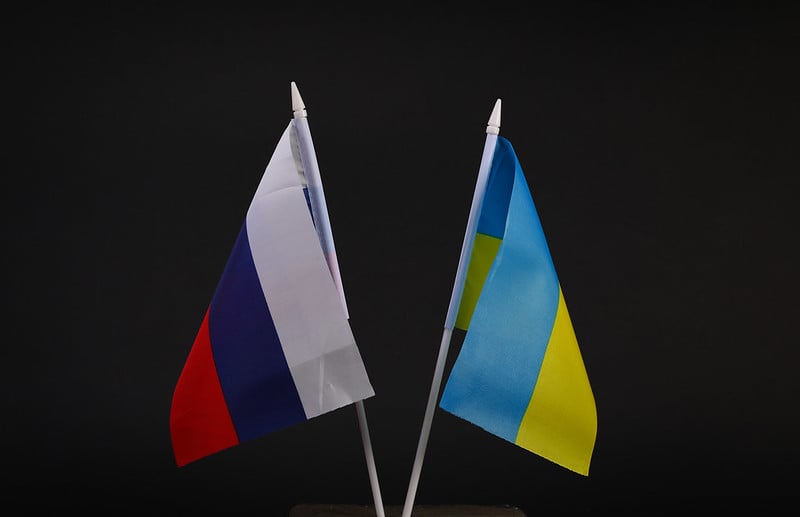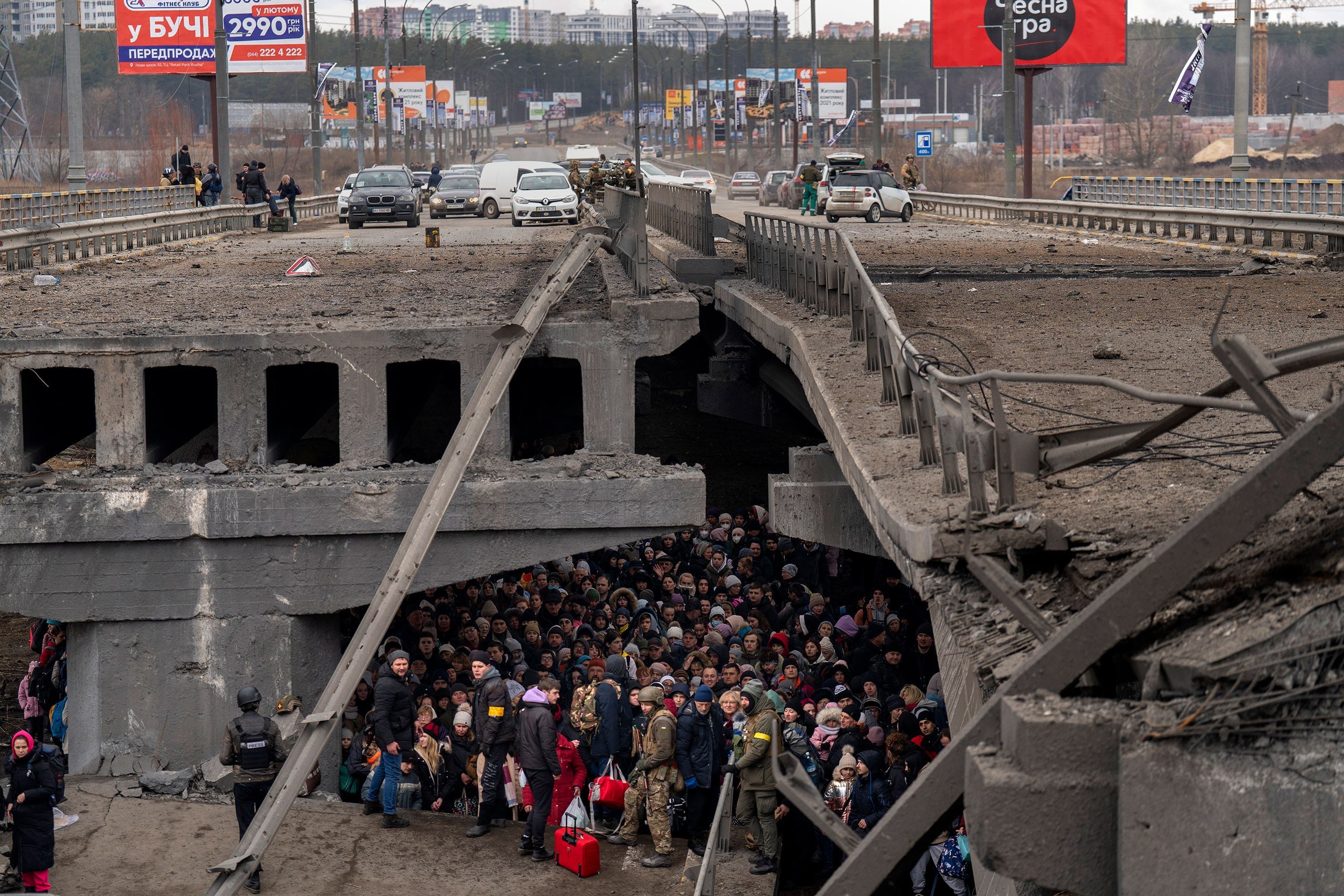
Russia's unprovoked attack on Ukraine, which began on February 24, 2022, shows no signs of abating. After being forced to withdraw from the northern cities of Kyiv, Chernihiv, and Sumy, the Russian army focused its military efforts on the port city of Mariupol in southeastern Ukraine. Their relentless bombardment has destroyed 80 percent of the city's infrastructure and killed as many as 10,000 civilians.
The 100,000 to 200,000 residents believed to be trapped inside the city have had no access to water, electricity, and heating for several weeks. With no aid allowed in, food and medical supplies are running low. While Mariupol's defenders have been able to fend off the invasion successfully, they are running out of ammunition, leading experts to fear that the city will soon be under Russian control.
If the Russian army succeeds, they will most likely join forces with the troops currently moving south toward the city of Izyum. Ukrainian officials believe Russian President Vladimir Putin intends to launch a fresh offensive in the area to capture the Donbas. The Donbas broadly refers to Ukraine's eastern regions of Donetsk and Luhansk, where Russian-backed separatists have held significant territory since 1954.

"Mariupol has a practical and symbolic significance for Russia," Andrii Ianitskyi, the Head of the Center for Excellence in Economic Journalism at Kyiv School of Economics, told the Guardian. "It is a large port city and a base for Ukrainian armed forces. So if Russians want to have a land corridor [from the Donbas] to Crimea, they need to control the city."
Short of sending troops, international leaders are doing everything to force Russia to withdraw its forces. On March 15, 2022, the US Congress approved $13.6 billion in emergency spending to help Ukraine's fight against Russia. The aid includes funds for food, healthcare, and support for Ukrainians living in the country and those forced to flee. It also includes financial support for much-needed weapons in Ukraine. Additional economic sanctions, including a ban on Russian oil and gas, have also been announced.
The European Union's (EU) response has included several rounds of sanctions against Russia, as well as military assistance and humanitarian aid for Ukraine. The EU has also granted temporary protection for Ukrainians and third-country nationals fleeing the conflict. The EU member states are also discussing ways to end their dependence on Russian energy.

The US and its allies have also created teams to "seize and freeze" the assets of Russian elites, or oligarchs. Helping them with the effort is 19-year-old Jack Sweeney. The freshman at the University of Central Florida is using publicly available data to track the latest locations of the oligarchs' private jets and superyachts. He then posts them on Twitter.
Meanwhile, 18-year-old Marco Burstein and his Harvard University classmate, 19-year-old Avi Schiffmann, have used their coding skills to help the over 4 million Ukrainians forced to leave their country. Their website, Ukraine Take Shelter, helps connect Ukrainian refugees with potential hosts and housing.
Stay Strong, Ukraine!
Resources: NPR.com, BBC.com, NBCnews.com, CNN.com
